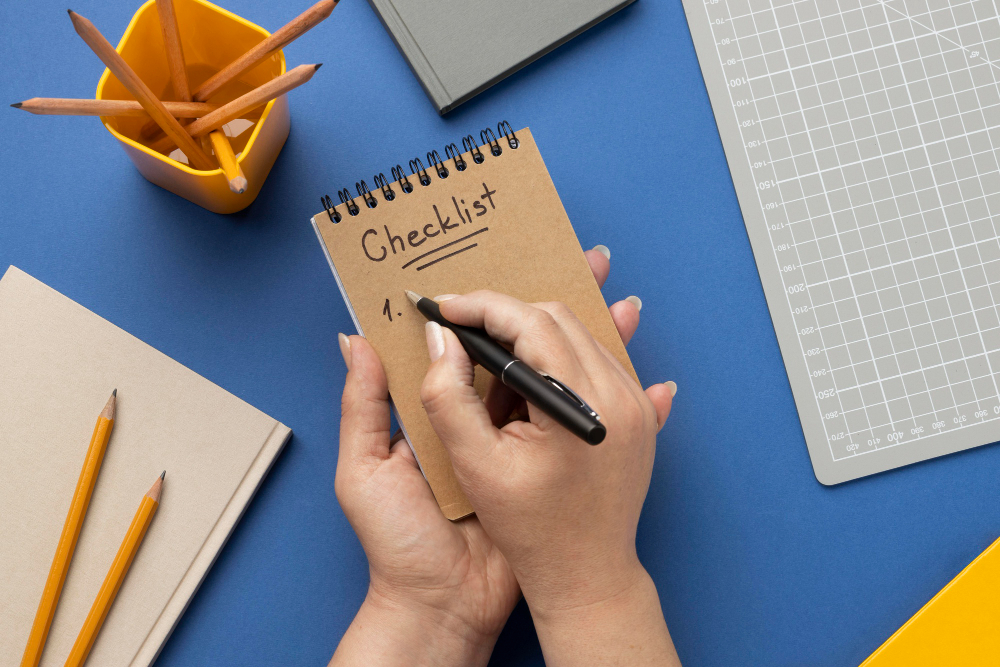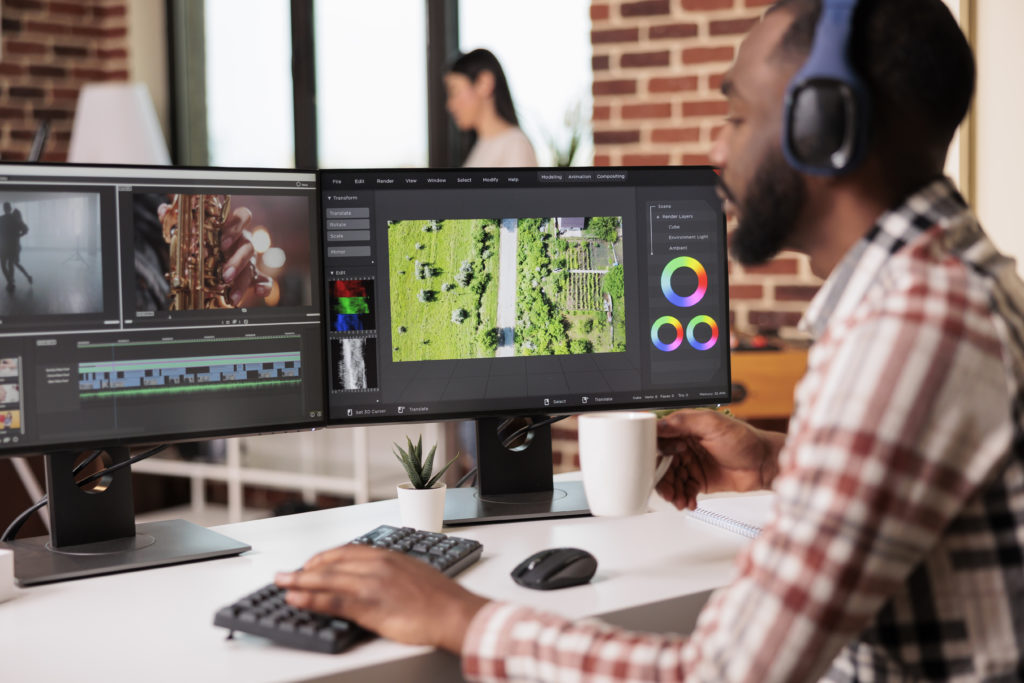
How to Promote a Concert: Building Relationships with Local Press
Booking the best calendar of events and assembling the best marketing plan will put any music promoter in good standing—but no business can truly thrive in a vacuum. You know how to promote a concert yourself, but getting third-party approval and buzz is the key to building a legitimate groundswell and building past that first wave of support. But venues and promoters can’t just decide they want to have a relationship with local press; there is no magic switch to flip. It takes a lot of heartfelt intentionality to lay the groundwork.
Be Real
As a business, music is driven in large part by authenticity. Indie bands live and die by performing their reality, and even pop artists thrive on creating that real connection with fans. The same can be said when it comes to building relationships with the media. In the context of the show world, you start at a deficit when you drop into a community you know nothing about, and the media smells that a mile away. Whether you’re a bar with deep roots in the city’s history or a brand new theater just opening, the key is to get out there and make connections with community groups and other local businesses when you’re figuring out how to promote an event. That kind of networking can be just as good as handing out access to reporters; building a reputation of genuine connection cements the venue as a force of good, will improve your standing in the community, draw in more fans, and predispose media members to see you in a favorable light.
Know Local, Grow Local
Emailing that reporter from the big-name website with international readership is great, but it can’t be done at the expense of other coverage. Word spreads; whether on Twitter, Facebook groups, email, or even at a show, writers and photographers talk shop constantly. If you keep denying the reporter from the local alt weekly or an eager blogger while favoring a “big name,” the entire ecosystem will know. Simply put, one concert review on a top-tier site doesn’t equate to the same ticket sales (or reputation) as consistent good press from the local paper. National coverage of a band already selling tickets is one thing, but the diehards will show up on a Wednesday night to see a band they’ve never heard before at the urging of a local reporter. String enough of those shows together and those local reporters can help establish your standing in the scene as the place to be.
Diversity and Inclusion
Getting a writeup in the arts section of the newspaper or on a music site is great, but not maintaining an environment of diversity and inclusion can land you the wrong kind of coverage. No matter the relationships you build with the media, a reporter will absolutely tear down the reputation of any promoter for breaking this golden rule—and for good reason. News of viral Yelp reviews or (god forbid) worse can spread like wildfire to the point that discrimination at a venue in one city can be the talk of the industry across the country. Any report of harassment, discrimination, or will erode your standing—whether in the eyes of a media member who could see themselves facing that harassment or someone merely reporting on it. Ensure your space is secure and safe: try and make sure the staff includes men, women, and non-binary-conforming individuals; hire a security presence; consider bathrooms that aren’t discriminatory; ensure you’re ADA-compliant; and consider offering free ear plugs. These steps are important to the general public, but will also solidify your standing with local media.
Building a Cohesive Brand Through Your Talent Booking
Every scene has that one venue with a calendar that just leaves you scratching your head: reggae one night, an indie rock show the next, followed by a burlesque night, karaoke, and then a tribute act. That’s a jam-packed week to be sure, and each event will probably have its share of diehard fans. And diversity in your lineup is great—no one wants to look at a calendar and feel like they’re bound to see the same show every night. But you have to communicate clearly what the common thread is that ties all of these shows together. Are you the place that focuses on intimate, personal performances? The place with the best light rig? The place that focuses on about-to-break indie artists or the place that focuses intensely on a single genre. What makes you unique, and what makes you stand out? You need to be able to tell that story yourself through your talent bookings (and through training your whole team to come together under one identity) before you can expect the media to be able to tell that story to the audiences.
Local media communities are close-knit, passionate, and can be extremely fragile—but they can also be your greatest support network and a fantastic event promotion tool. Start the ball rolling by establishing a good foundation of local media support and more will surely follow.

Matt Ford is the founder and CEO of Prism.fm, an Austin-based software company revolutionizing live music event management. With a background in entrepreneurship and a degree from the University of Wisconsin-Madison School of Business, Ford combined his self-taught coding skills with firsthand experience as a concert promoter to address the inefficiencies he observed in the industry. In 2018, he launched Prism.fm, an all-in-one platform designed to streamline operations for venues, promoters, and agencies by replacing cumbersome spreadsheets with integrated tools for booking, financial tracking, and contract management. Under his leadership, Prism.fm has grown significantly, achieving $3 million in annual recurring revenue post-COVID and securing over $15 million in funding . Ford’s commitment to building user-centric solutions has positioned Prism.fm as a trusted partner for over 1,500 venues and promoters worldwide.



